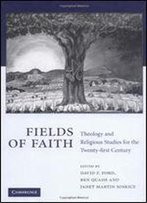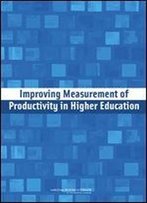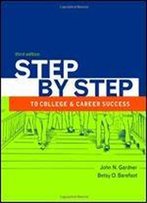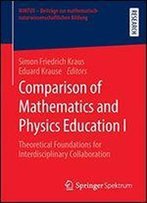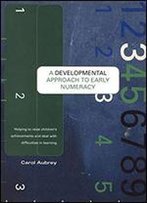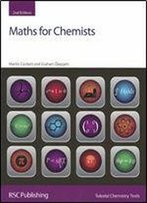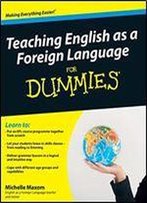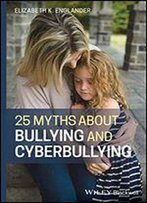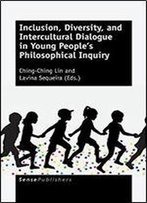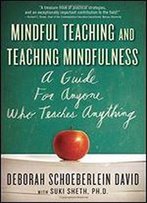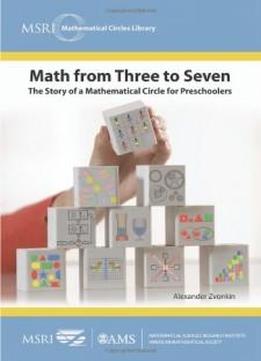
Math From Three To Seven: The Story Of A Mathematical Circle For Preschoolers (msri Mathematical Circles Library)
by Alexander Zvonkin /
2011 / English / PDF
5.4 MB Download
This book is a captivating account of a professional
mathematician's experiences conducting a math circle for
preschoolers in his apartment in Moscow in the 1980s. As anyone who
has taught or raised young children knows, mathematical education
for little kids is a real mystery. What are they capable of? What
should they learn first? How hard should they work? Should they
even "work" at all? Should we push them, or just let them be? There
are no correct answers to these questions, and the author deals
with them in classic math-circle style: he doesn't ask and then
answer a question, but shows us a problem--be it mathematical or
pedagogical--and describes to us what happened. His book is a
narrative about what he did, what he tried, what worked, what
failed, but most important, what the kids experienced. This book
does not purport to show you how to create precocious high
achievers. It is just one person's story about things he tried with
a half-dozen young children. Mathematicians, psychologists,
educators, parents, and everybody interested in the intellectual
development in young children will find this book to be an
invaluable, inspiring resource. Titles in this series are
co-published with the Mathematical Sciences Research Institute
(MSRI).
This book is a captivating account of a professional
mathematician's experiences conducting a math circle for
preschoolers in his apartment in Moscow in the 1980s. As anyone who
has taught or raised young children knows, mathematical education
for little kids is a real mystery. What are they capable of? What
should they learn first? How hard should they work? Should they
even "work" at all? Should we push them, or just let them be? There
are no correct answers to these questions, and the author deals
with them in classic math-circle style: he doesn't ask and then
answer a question, but shows us a problem--be it mathematical or
pedagogical--and describes to us what happened. His book is a
narrative about what he did, what he tried, what worked, what
failed, but most important, what the kids experienced. This book
does not purport to show you how to create precocious high
achievers. It is just one person's story about things he tried with
a half-dozen young children. Mathematicians, psychologists,
educators, parents, and everybody interested in the intellectual
development in young children will find this book to be an
invaluable, inspiring resource. Titles in this series are
co-published with the Mathematical Sciences Research Institute
(MSRI).
